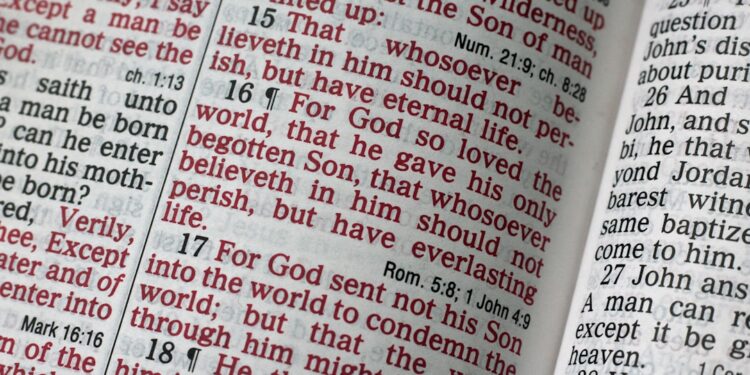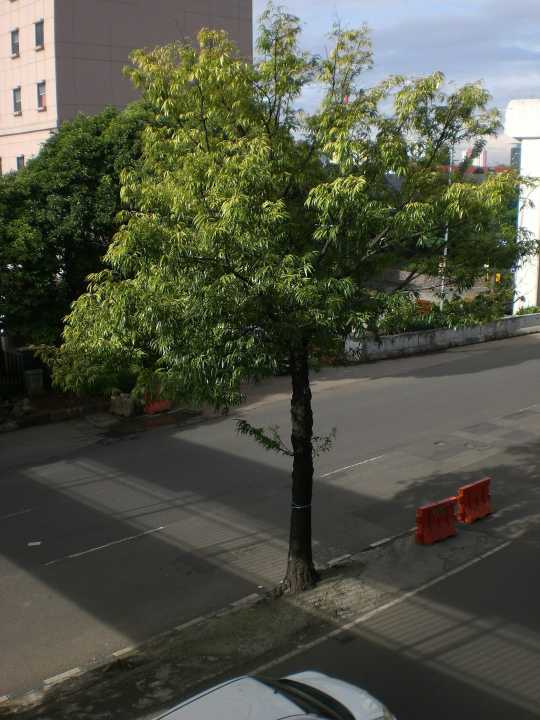Religion and social justice movements have often intersected throughout history, with both playing a crucial role in shaping societies and advocating for positive change. This intersection has led to powerful movements that have challenged injustice, inequality, and oppression in various forms. The influence of religion on social justice movements is evident in the teachings and beliefs that inspire individuals to work towards a more just and equitable world.
One of the key aspects of the intersection of religion and social justice movements is the shared values and principles that underpin both. Many religious traditions emphasize compassion, love, and empathy towards others, promoting the idea of caring for the less fortunate and standing up for justice. These values align closely with the goals of social justice movements, which aim to address systemic issues of inequality and discrimination in society.
For example, Christianity teaches the importance of love, compassion, and helping those in need, which has inspired many Christians to become involved in social justice causes such as civil rights movements, anti-poverty initiatives, and environmental activism. Similarly, Islamic teachings emphasize the concepts of justice, charity, and social equality, leading many Muslims to advocate for human rights, gender equality, and economic justice.
The intersection of religion and social justice movements can also be seen in the historical examples of religious leaders who have played pivotal roles in advocating for social change. Figures such as Martin Luther King Jr., Mahatma Gandhi, and Dorothy Day all drew on their religious beliefs to inspire and guide their activism. King’s vision of a beloved community rooted in love and nonviolence was deeply informed by his Christian faith, while Gandhi’s commitment to truth and nonviolence was shaped by his Hindu beliefs.
Moreover, many religious traditions have a long history of engaging in social justice issues and promoting social change. For instance, the Catholic Church has a tradition of social teaching that emphasizes the dignity of every human person, the common good, and the preferential option for the poor. This has led to the church’s involvement in advocating for workers’ rights, environmental justice, and global solidarity.
Similarly, the Jewish concept of tikkun olam, or repairing the world, has inspired many Jewish individuals and organizations to work towards social justice and equality. From civil rights activism in the United States to advocating for the rights of refugees and immigrants, Jewish communities have a rich history of engaging in social justice movements.
The intersection of religion and social justice movements is also evident in the way religious communities have come together to address issues of injustice and inequality. Interfaith coalitions and partnerships have been formed to work towards common goals and collectively advocate for social change. These collaborations have helped to amplify the voices of marginalized communities, build bridges across religious differences, and mobilize support for important causes.
In recent years, the intersection of religion and social justice movements has become increasingly prominent in response to contemporary challenges such as racism, economic inequality, climate change, and global conflicts. Religious leaders and communities have been at the forefront of advocating for racial justice, immigrant rights, LGBTQ rights, and environmental sustainability.
For example, the Black Lives Matter movement, which has been a powerful force in the fight against systemic racism and police violence, has drawn on the support and solidarity of religious communities. Many churches, mosques, synagogues, and temples have opened their doors to provide sanctuary, resources, and spiritual guidance to activists and protesters.
Likewise, the movement for climate justice has seen a growing number of religious organizations taking action to address the environmental impact of human activities. Interfaith coalitions such as the GreenFaith Network and the Islamic Declaration on Global Climate Change have been instrumental in mobilizing religious communities to advocate for sustainable practices and policies.
The intersection of religion and social justice movements is a dynamic and evolving space that continues to inspire and challenge individuals and communities to work towards a more just and equitable world. By drawing on the shared values and principles of compassion, love, and justice, religious traditions can be a powerful force for positive change in society. As we navigate the complex issues of our time, the intersection of religion and social justice movements offers a framework for building bridges, fostering solidarity, and creating a more inclusive and equitable world for all.















